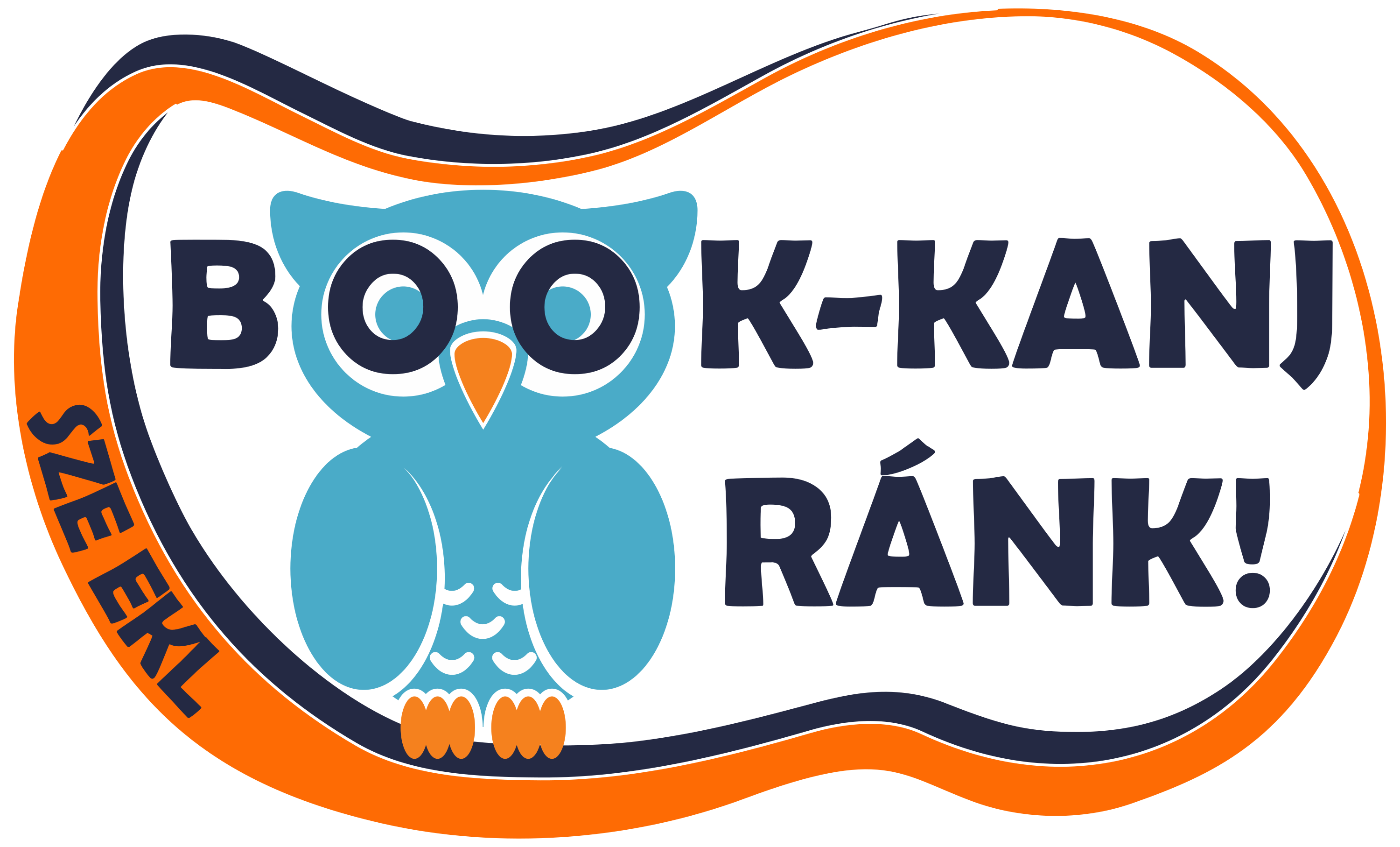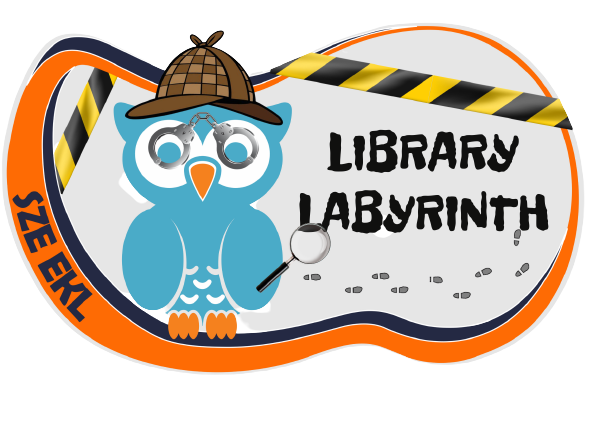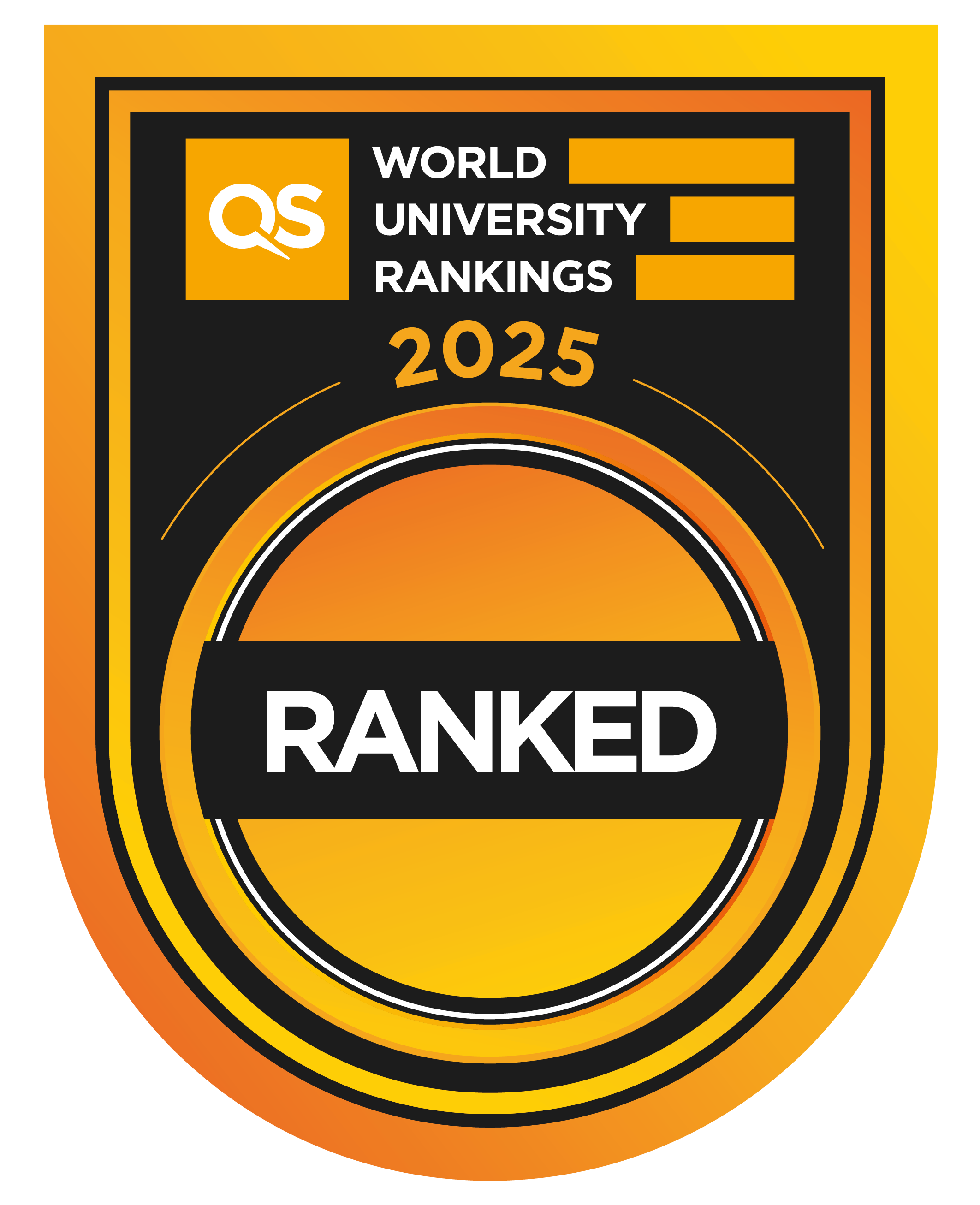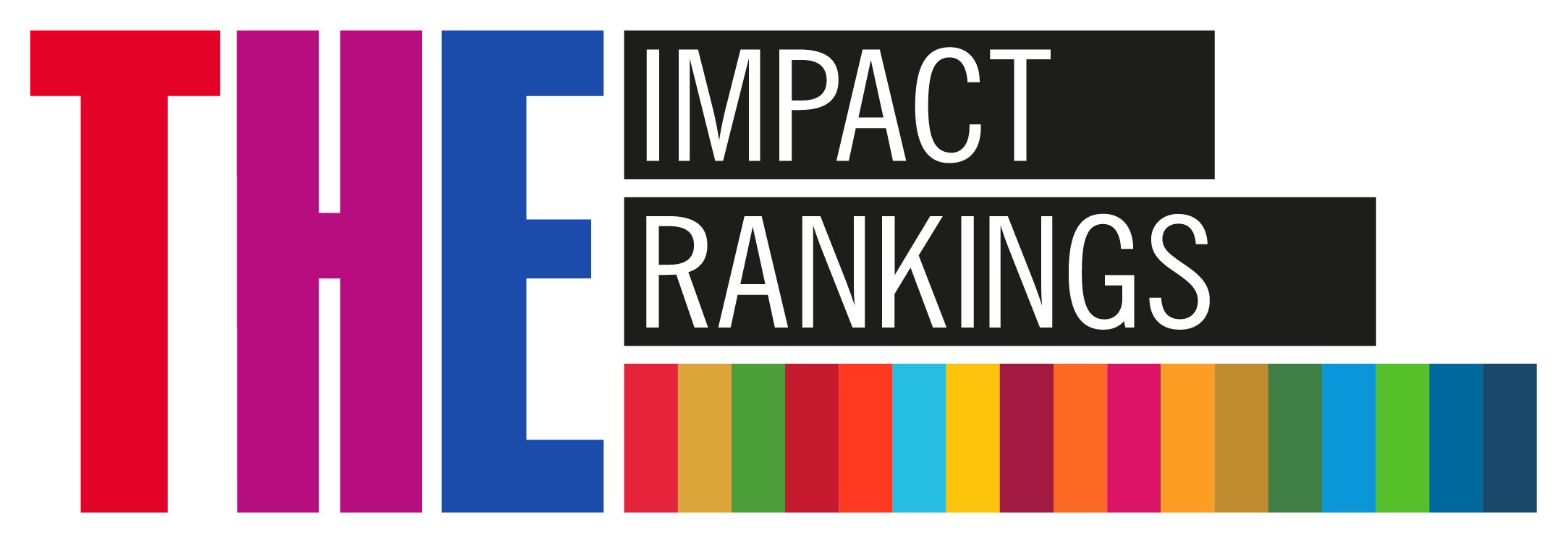European Documentation Centre
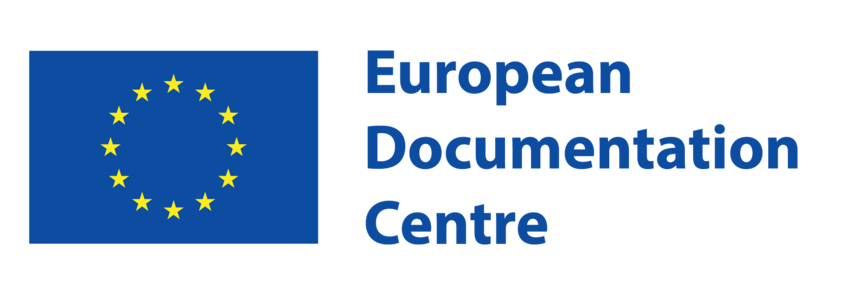
Introduction
The European Documentation Centres network was set up by the European Commission to support European integration education and research in higher education institutions and research centres.
As local libraries of the EU, the European Documentation Centres promote the study of European integration and cooperation and serve as a reference point for those who need information and a broader knowledge of the EU institutions, activities, and policies. They collect and develop the necessary resource material and archive electronic documents. They facilitate dialogue on EU issues and cooperate with other EU or local information networks and contact points.
Content and accessibility of the collection
The Central Library of Széchenyi István University joined the European Documentation Centres Network in 2019.
Our collection consists of three main parts.
- 1. Printed books and periodicals on the European Union are kept in the library on the first floor, on the open shelves, and in the storage room.
- Online documents provided by the Publications Office of the European Union, integrated in the library's catalogue, and freely accessible directly via the Publications Office website.
Other leaflets, posters, and information booklets are available on the second floor of the library.
The European Documentation Centre's holdings can be searched in the library catalogue as follows:
- Access the library's online catalogue: https://hunteka.sze.hu/
- Select the "Advanced Search" option.
- In the search field "Public Comment", type "EU".
- Collection".
- Click on the "Search" button to browse the collection.
OUR SERVICES
Services of the European Documentation Centre:
- Collection, organisation and service of printed documents relating to the European Union
- Providing access to the online collection of the EU Publications Office
- Information in person or online
- Document loaning, interlibrary loans
- Providing assistance for theses and seminar papers
- Lectures (EU information, practical use of EU databases)
- Organising exhibitions, events - in cooperation with the local Europe Direct office.
CONTACT:
The collection of the European Documentation Centre is available during all opening hours of the library.
| Name | Eszter Tóthné Marek |
| Tel | + 36 96 613 718 |
| mareke@sze.hu | |
| Address | 9026 Győr, Egyetem Square 1. |
EU information online
The official website of the European Union (europa.eu) contains all the basic information on how the EU works. The site provides the latest EU news, events, free databases, and a wealth of information about the European Union.
The EU institutions and other bodies have direct access to the websites of the institutions, agencies, and decentralised bodies.
Databases
CORDIS is the database of the EU Research and Development Information Service. It contains calls for proposals.
The CURIA database contains the full texts of cases, judgments, opinions, applications, and orders of the Court of Justice of the European Union from 1953, the Court of First Instance from 1989 and the Civil Service Tribunal from 2005.
The EU places great emphasis on full-text access to documents, which is why it has launched EUBookshop, a database of EU institutions' publications in full text in the 24 official languages of the EU. Retrospective processing of EU publications is ongoing
The European Employment Service (EURES) facilitates cross-border employment. Provide information, guidance, and advice to workers on job opportunities, living and working conditions in the European Economic Area and helps employers who want to employ workers from other countries. EURES operates through the European Job Mobility portal, coordinated by the European Commission.
The EUR-LEX database contains the current EU legislation with full text access.
Europeana, the European Union's multimedia electronic library, has been available to people interested in culture since December 2008. It provides a common search interface for 6 million digitised images, texts, audio and video materials held in Europe's cultural collections. The principles were set out by the European Commission in 2006 in Recommendation 2006/585/EC on the digitisation and online accessibility of cultural material and digital preservation.
EUROSTAT: The free database of the Statistical Office of the European Union, offering simple and sophisticated searching and browsing by subject. Available in English, German, and French.
The Eurobarometer is the European Commission's opinion polls.
Find-eR is the catalogue of the European Commission Library.
OEIL is the European Parliament's legislative process monitor.
The TED database contains public procurement notices, published in the S series of the Official Journal of the European Union.
The EUWho's Who - Who's Who in the European Union.
News portals
- EUBUSINESS is a free English-language economic news portal.
- EUOBSERVER is a free news portal in English.
- EURACTIV, a free news portal in 12 languages, provides information on EU affairs and international relations.

